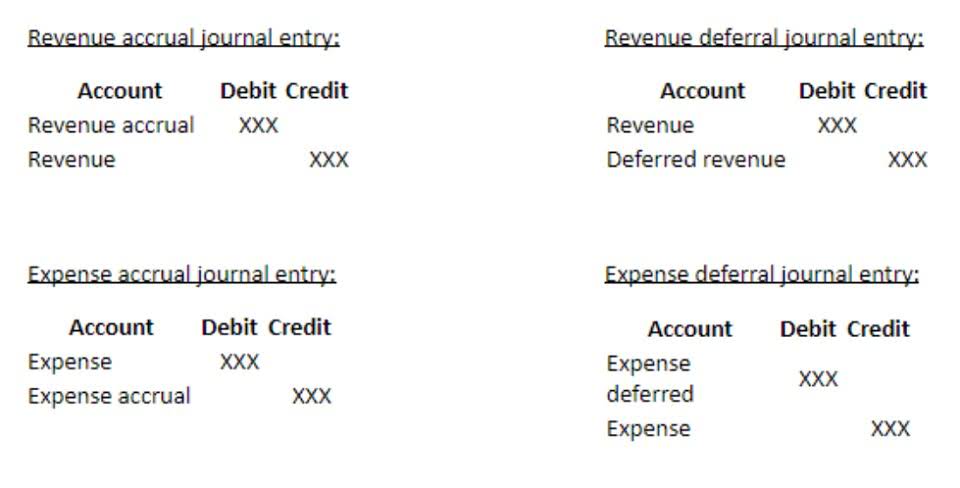
He has been the CFO or controller of both small and medium sized companies and has run small businesses of his own. He has been a manager and an auditor with Deloitte, a big 4 accountancy firm, and holds a degree from Loughborough University. At the buyers destination, the buyer has not yet incurred any freight but owes the seller for the goods.
Top 10 Freight Forwarding Training Courses in 2024

The disadvantages include greater complexity for buyers, who assume the responsibility for all aspects of shipping, which is often complicated and time-consuming. The buyer also takes the risk of hidden or unforeseeable costs, such as demurrage or storage charges and increased insurance premiums. A free on board contract is much cheaper than a cost, insurance, and freight agreement. That’s because buyers have more control over the shipping logistics, including insurance and transport costs. Buyers can sign with the shipper of their choice and take as much coverage as they see fit to insure their shipments.
Sea or air freight
Our success stories will help you assess the business impact created by Credlix for our customers. J.B. Maverick is an active trader, commodity futures broker, and stock market analyst 17+ years of experience, in addition to 10+ years of experience as a finance writer and book editor. Stay ahead of 2024’s biggest tax fob shipping point changes with this comprehensive, compelling report covering seven industries. Ask a question about your financial situation providing as much detail as possible. Our writing and editorial staff are a team of experts holding advanced financial designations and have written for most major financial media publications.
Use a freight forwarder
CIF is an expense paid by the seller to cover the freight costs, insurance, and shipping of a buyer’s order while being transported to the buyer’s destination. In FOB shipping point agreements, the seller pays all transportation costs and fees to get the goods to the port of origin. Once the goods are at the point of origin and on the transportation vessel, the buyer is financially responsible for costs to transport the goods, such as customs, taxes, and fees.
Free Container Shipping Cost Calculator
- When a seller records that goods have been safely loaded onto a shipping vessel, FOB terms like “FOB Origin” or “FOB Shipping Point” indicate that the buyer is now responsible for all shipping costs and risks.
- As the goods were sold FOB shipping point, the seller does not have to pay the freight cost and is now owed the 5,000 for the goods.
- The buyer assumes full responsibility for the goods once they are loaded onto the vessel at the port of origin under a CIF agreement.
- It’s possible to turn into a cash-only business model, only recording the transaction in the ledger when the buyer pays.
- Sure, you want to keep costs low by making your own shipping arrangements, but can you afford the liability if something goes wrong?
In addition, the customer should insure the goods during the in-transit period. Freight Collect is often the choice for businesses that prefer to have full control over every aspect of the shipping process, from selecting shipping terms to managing freight charges. However, this method does place the onus of risk and responsibility firmly on the buyer’s shoulders, from the point of FOB designation to the goods’ arrival at the buyer’s location.
The Other Side of the Coin: Freight Collect
Whether it’s deciding who files claims for damaged goods or determining the final price, FOB terms affect every aspect of the shipping process. This approach allows buyers to have greater control over shipping costs and ensures smoother transactions. Overall, FOB offers flexibility and cost-saving opportunities, making it a preferred choice for savvy import-export professionals.
Example of FOB Destination
Therefore, the seller should continue to report these goods in its inventory until January 2. The seller will be responsible for the shipping costs, which will be an expense in January when the sale is reported. Meanwhile, a company is more likely to pay more for CIF if it’s new to international trading, shipping only a few goods, or receiving cargo from a country whose customs system or language is unfamiliar. In addition, sometimes it’s better to have the predictability of paying upfront rather than dealing with the hassle of handling it themselves. Plus, in the end, there’s no guarantee buyers save money by taking care of the shipments themselves.
- Sellers who are major handlers of international cargo can often negotiate competitive rates.
- Like if you saw “FOB Los Angeles” or “FOB Beijing” it would note where the seller must bring the goods before releasing them to the buyer.
- In the intricate realm of the shipping industry, FOB is more than just a buzzword.
- This means they pay for the goods to be transported to the port and onto the vessel.
- In international trade, ownership of the cargo is defined by the contract of sale and the bill of lading or waybill.

